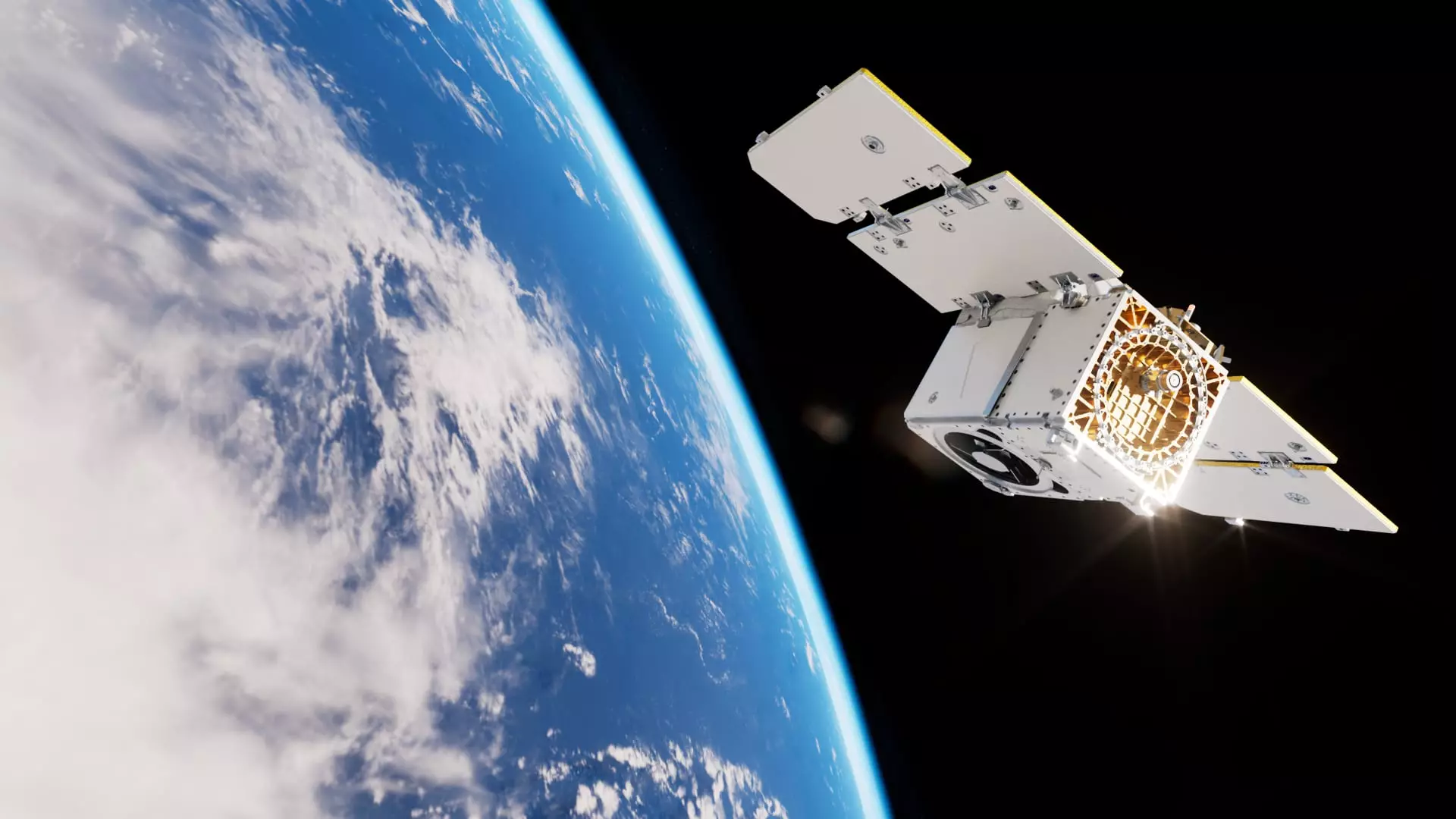In a significant development within the aerospace industry, the satellite imagery and data analysis company, Planet, recently announced its milestone contract worth $230 million. This agreement marks a crucial turning point for the company as it embarks on the production of its next-generation Pelican satellites. The announcement was made by Planet’s CEO, Will Marshall, who emphasized the transformational nature of this deal during an interview with CNBC. This article will delve into the implications of this contract, the strategic importance of the Pelican satellites, and how they position Planet within the competitive satellite services market.
The $230 million contract is not just a substantial financial commitment; it represents Planet’s largest deal to date. This contract enables Planet to build Pelican satellites intended for a client in the Asia-Pacific region, although the identity of this long-standing partner has yet to be disclosed. Marshall clarified that this agreement involves a multi-year timeline for constructing the satellites, followed by five years of operational services. Essentially, the customer will gain exclusive access to the data generated by these satellites within their designated area of interest.
Such deals have significant ramifications for Planet, especially as they shift towards catering to specific satellite services—a sector that promises lucrative opportunities. By securing long-term financial commitments, Planet aims to stabilize its revenue stream and control over its assets, ultimately encouraging further growth and investment. The financial arrangements indicate that the benefits will start reflecting on their balance sheet by fiscal 2026, with progressive payments structured to last up to seven years.
Planet operates a vast fleet of over 200 satellites, and the introduction of the Pelican satellite line marks a critical evolution in its technology and offerings. The Pelican-2 emerged as the first operational satellite from this new series, designed to harness advanced functionalities such as Nvidia’s Jetson edge artificial intelligence platform for enhanced data analysis capabilities. This indicates Planet’s commitment to not only enhancing its service offerings but also staying at the forefront of technological innovation in the satellite industry.
Marshall pointed out that the financial backing secured through this contract will expedite the process of building additional Pelican satellites, significantly accelerating Planet’s ambitions to deploy up to 32 satellites in this constellation. This scaling strategy will afford Planet the capacity to meet increased demands while fostering relationships with existing and prospective clients.
The recent $230 million contract symbolizes Planet’s significant entry into the satellite services market—an area where adaptability and customer specificity have become paramount. This shift is especially relevant as the company adapts its PELICAN platform, transitioning from general satellite operations to tailored services based on client needs. This customer-oriented approach builds on Planet’s previous experience with its Tanager satellite product line, which showcased its ability to respond to the modern demands of satellite imagery.
Moreover, this shift places Planet in direct competition with several pure-play space companies and organizations that simultaneously seek to innovate and dominate this burgeoning sector. As the landscape evolves, the ability to adapt to various market needs will provide companies like Planet with a competitive edge, particularly when stronger synergies can be derived from vertically-integrated technological stacks.
Planet went public during the SPAC hype of 2021, and like many of its contemporaries, faced stock price volatility marked by unfulfilled revenue projections and workforce reductions. Despite these challenges, recent developments—including the new contract with the European Space Agency and the significant Pelican project—have reinforced investor optimism. Following the contract announcement, Planet’s stock saw a sharp increase, reflecting renewed confidence in its strategic direction.
The positive market sentiment toward Planet’s recent contract showcases a potential turning point that, if leveraged effectively, could lead to sustained growth and recovery. For investors, the dual approach of satellite construction and data licensing represents a diversified income model that could result in long-term stability.
Planet’s recent $230 million contract marks a defining moment in the company’s journey towards becoming a prominent player in the satellite services sector. With advanced technological innovations and a strategic focus on tailored satellite solutions, Planet is poised to capitalize on existing relationships while fostering new partnerships. As it embarks on this ambitious path, the implications for the company and the market at large remain significant, promising exciting developments in the months and years to come.

